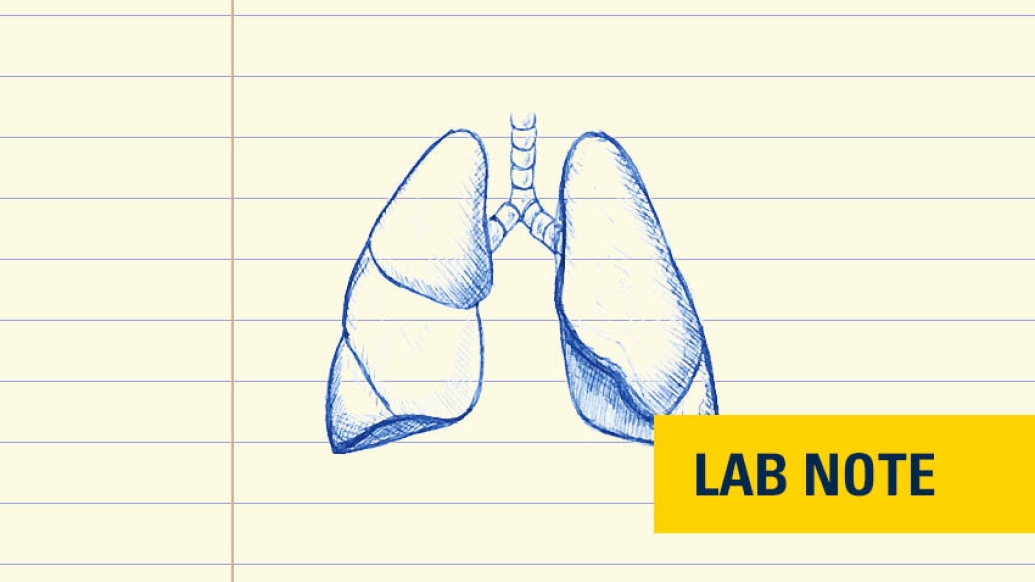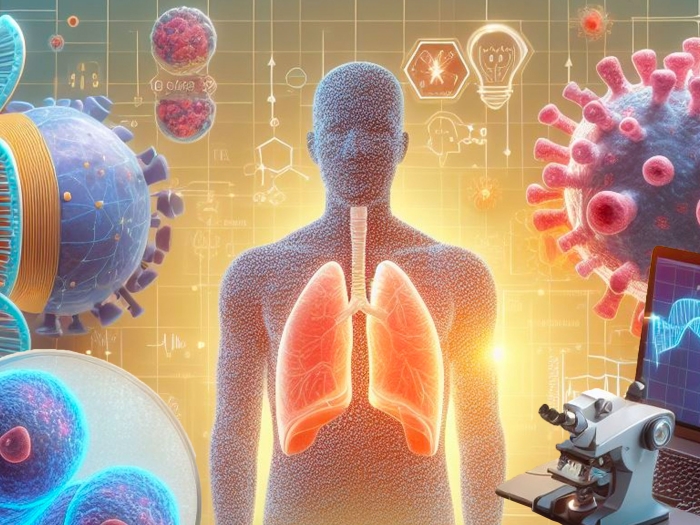Patients with obesity are especially at risk.
10:23 AM
Author |

Hypercapnia is a build-up of carbon dioxide (CO2) in the blood. It occurs when tiny air sacs in the lungs called alveoli are unable to adequately exchange CO2 from the blood for oxygen.
This form of respiratory failure can come on suddenly, with causes such as infection or an opioid overdose and is particularly dangerous, often landing patients in intensive care. However, the condition can also become chronic in patients with chronic obstructive pulmonary disease, also commonly referred to as COPD, obesity or neuromuscular disease.
In a recent study published in Annals of the American Thoracic Society, Phillip Choi, M.D., Matthew W. Wilson, M.D., and Wassim W. Labaki, M.D., of the Michigan Medicine Division of Pulmonary and Critical Care reviewed 491 cases of chronic hypercapnia at Michigan Medicine and found that even in patients with a normal blood pH, the condition was associated with worse health outcomes, including more hospitalizations and deaths.
They found that every 5mmHg increase in PaCO2, the unit of measurement of carbon dioxide in the blood, was associated with a higher risk of all-cause death. This finding was notable, said the researchers, as a normal pH may lead clinicians to believe these patients aren't at risk.
Despite this, they write, "our study shows that even short term, patients are extremely vulnerable. With nearly half of the patients dying in a 2.5-year period, this mortality rate exceeds that of many malignancies."
Paper cited: "Mortality and Healthcare Utilization of Patients with Compensated Hypercapnia," Annals of the American Thoracic Society. DOI: 10.1513/AnnalsATS.202009-1197OC

Explore a variety of health care news & stories by visiting the Health Lab home page for more articles.

Department of Communication at Michigan Medicine
Want top health & research news weekly? Sign up for Health Lab’s newsletters today!





